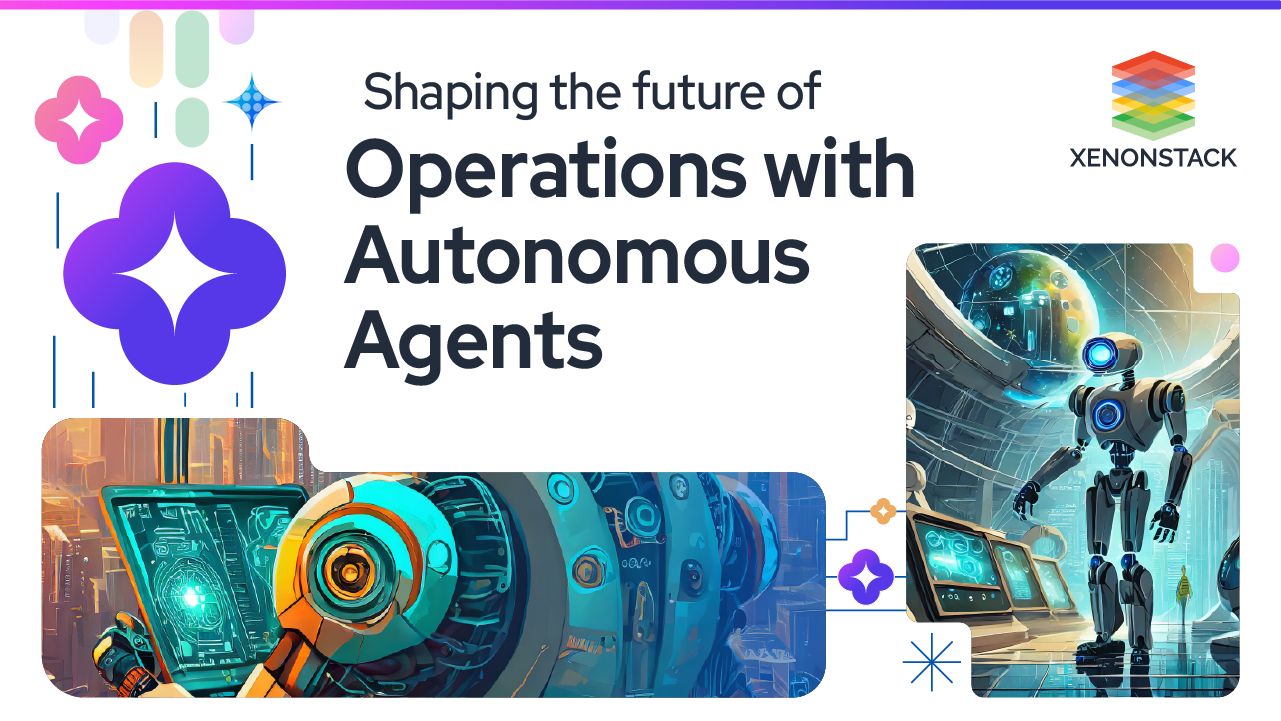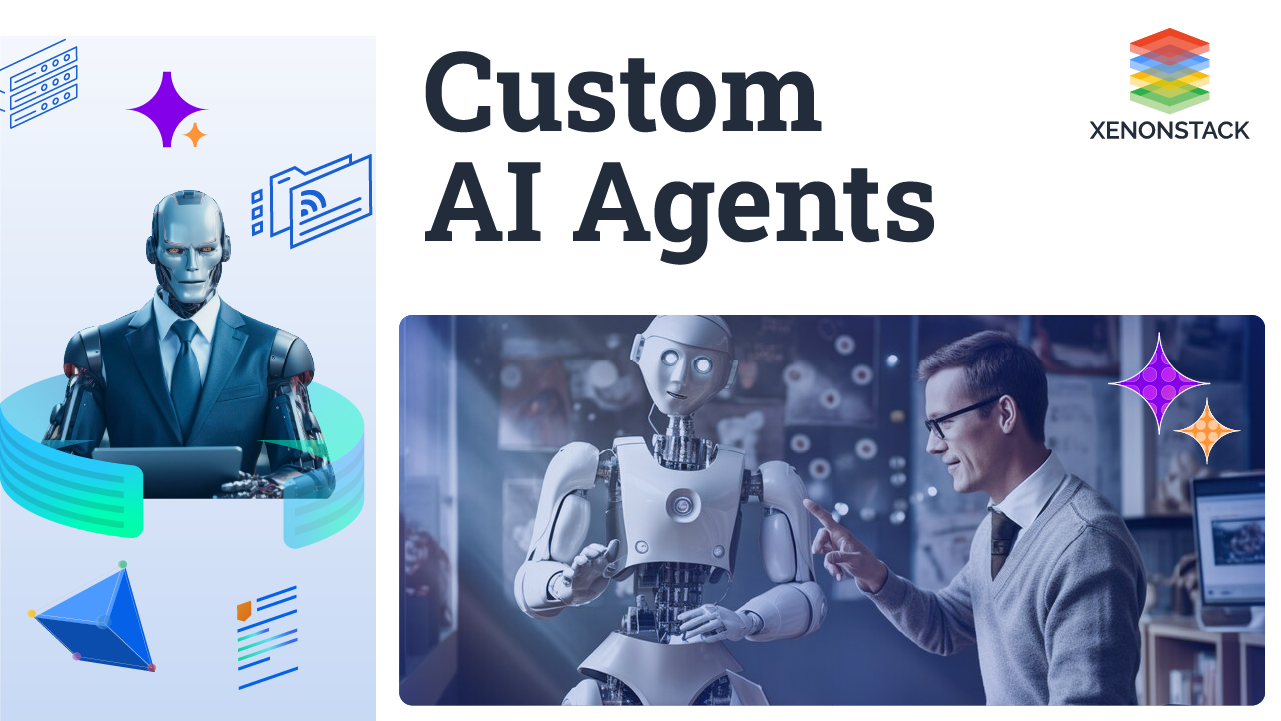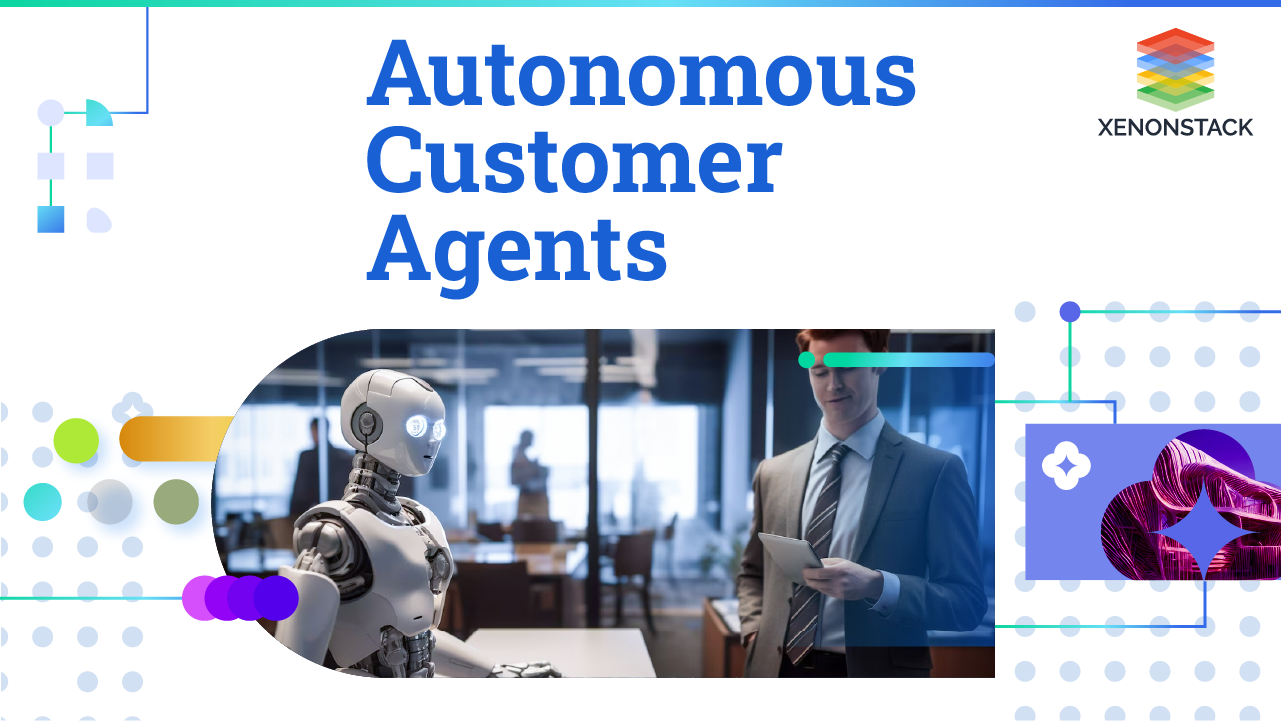Shifting consumer behaviours and rapid technological advancements have profoundly transformed the retail sector. To maintain a competitive edge, retailers must integrate intelligent systems that enhance operational efficiency and customer engagement. Agentic AI, a cutting-edge approach to artificial intelligence, is redefining retail by enabling autonomous decision-making, optimizing supply chains, and enhancing personalized customer interactions. This blog delves into how Agentic AI revolutionises retail and drives operational efficiency.
Understanding Agentic AI
Agentic AI refers to AI-driven systems that function as autonomous agents, capable of making real-time decisions, learning from data, and executing tasks with minimal human intervention. Unlike conventional AI models that rely on predefined rules, Agentic AI dynamically adapts to real-world changes, making it particularly suited for the fast-paced retail industry.
Core Features of Agentic AI:
-
Autonomous Decision-Making: AI agents analyze data, predict trends, and implement actions without manual oversight.
-
Adaptive Learning: Continuously improves through reinforcement learning and real-time feedback loops.
-
Seamless Integration: Compatible with retail ecosystems, including POS, CRM, and ERP platforms.
-
Scalability: Efficiently manages operations across multiple store locations, warehouses, and e-commerce platforms.
Enhancing Retail Efficiency with Agentic AI
1. Supply Chain Optimization
A well-optimized supply chain is critical for cost reduction and product availability. Agentic AI enhances supply chain efficiency through:
-
Demand Forecasting: Leveraging predictive analytics to anticipate sales trends and optimize inventory levels.
-
Automated Inventory Management: Monitoring stock levels and autonomously initiating restocking orders.
-
Logistics Optimization: Identifying cost-effective and time-efficient delivery routes.
-
Supplier Coordination: Streamlining procurement processes and ensuring just-in-time deliveries.
2. Personalized Customer Engagement
Customer satisfaction is paramount to retail success. Agentic AI enhances personalization through:
-
AI-Powered Virtual Assistants: Providing instant, AI-driven customer support.
-
Hyper-Personalization: Analyzing purchasing behaviour to deliver customized recommendations.
-
Advanced Search Capabilities: Implementing voice and visual search functionalities for seamless product discovery.
-
Dynamic Pricing Algorithms: Adjusting prices in real-time based on demand fluctuations and competitive analysis.
3. Automating Retail Operations
Retailers can achieve significant operational efficiencies by integrating Agentic AI into their workflow:
-
Smart Checkout Solutions: AI-driven self-checkout systems minimizing transaction times.
-
Fraud Detection Mechanisms: Analyzing transaction patterns to identify and mitigate fraudulent activities.
-
Workforce Scheduling: Optimizing staff allocation based on historical foot traffic data.
-
In-Store Navigation: AI-powered assistants directing customers to specific products efficiently.
4. Optimizing Marketing Strategies
Agentic AI is transforming marketing strategies by leveraging advanced analytics:
-
Sentiment Analysis: Extracting insights from customer reviews and social media interactions to refine campaigns.
-
Predictive Consumer Insights: Identifying emerging trends and adapting advertising efforts accordingly.
-
Automated Content Generation: Crafting personalized email campaigns and social media posts.
-
Behaviour-Based Segmentation: Categorizing consumers based on real-time engagement patterns.
5. Enhanced Security and Loss Prevention
Retailers face significant risks related to theft and fraud, which Agentic AI helps mitigate through:
-
AI-Driven Surveillance: Identifying suspicious behaviour and preventing security breaches.
-
Automated Inventory Tracking: Monitoring stock movement to minimize losses.
-
Cybersecurity Enhancements: Detecting and neutralizing potential cyber threats.
Real-World Applications of Agentic AI in Retail
1. Walmart
Walmart utilizes AI-driven inventory tracking and autonomous robots to streamline shelf management, reducing inefficiencies and enhancing supply chain performance.
2. Amazon Go
Amazon Go stores employ AI-powered vision systems and sensors to facilitate a cashier-less shopping experience, eliminating checkout lines.
3. Sephora
Sephora leverages AI chatbots and personalized recommendation engines to refine the online shopping experience and drive sales.
4. H&M
H&M employs AI-based demand forecasting to optimize inventory distribution, minimize stock wastage and improve supply chain efficiency.
The Future of Agentic AI in Retail
As Agentic AI continues to evolve, its impact on retail will expand further:
-
Hyperautomation: Full integration of AI-powered automation across all retail functions.
-
Metaverse Commerce: AI agents facilitating immersive, virtual shopping experiences.
-
AI-Enhanced Robotics: Autonomous store assistants improving in-store customer interactions.
-
Sustainable Retailing: AI-driven energy management and waste reduction strategies.
Integrating Agentic AI in retail is not just an enhancement—it is imperative for scalability and long-term success. Agentic AI is paving the way for a more innovative, efficient retail industry by streamlining operations, personalising customer engagement, and optimising workflows. As the technology matures, retailers must proactively adopt AI-driven solutions to maintain a competitive advantage in the digital marketplace.




